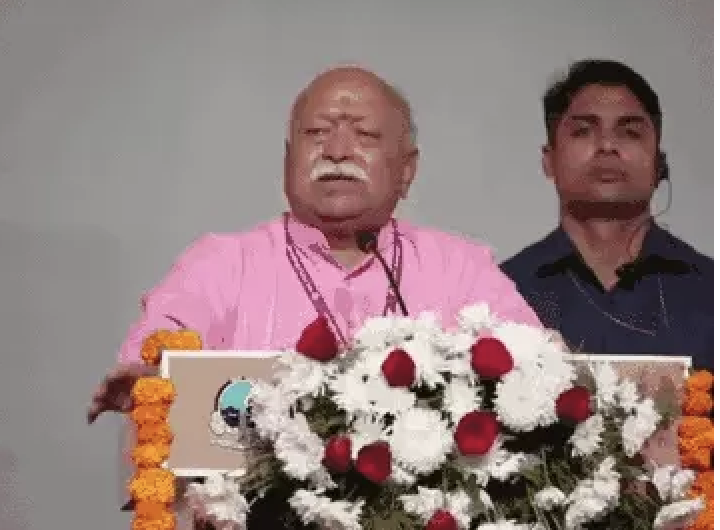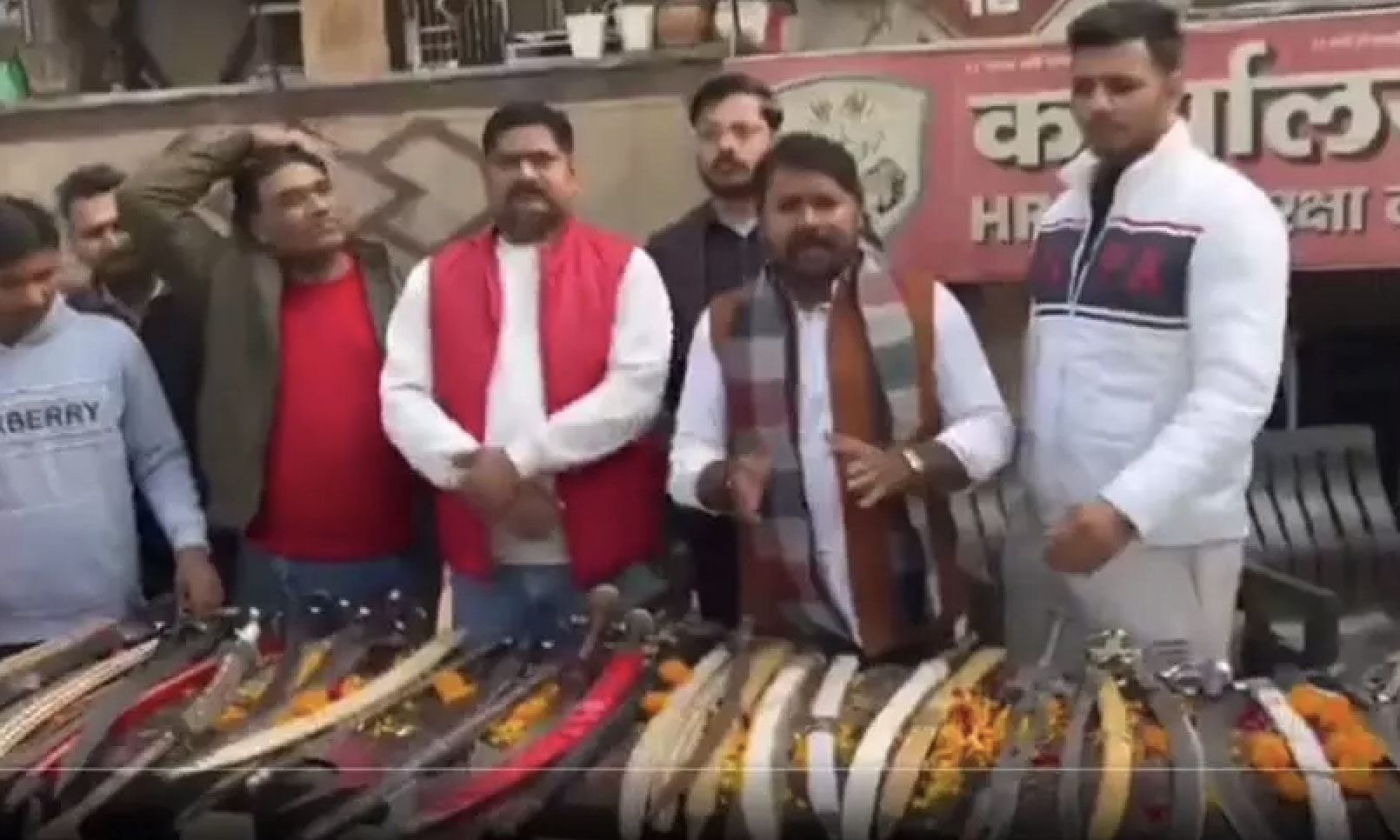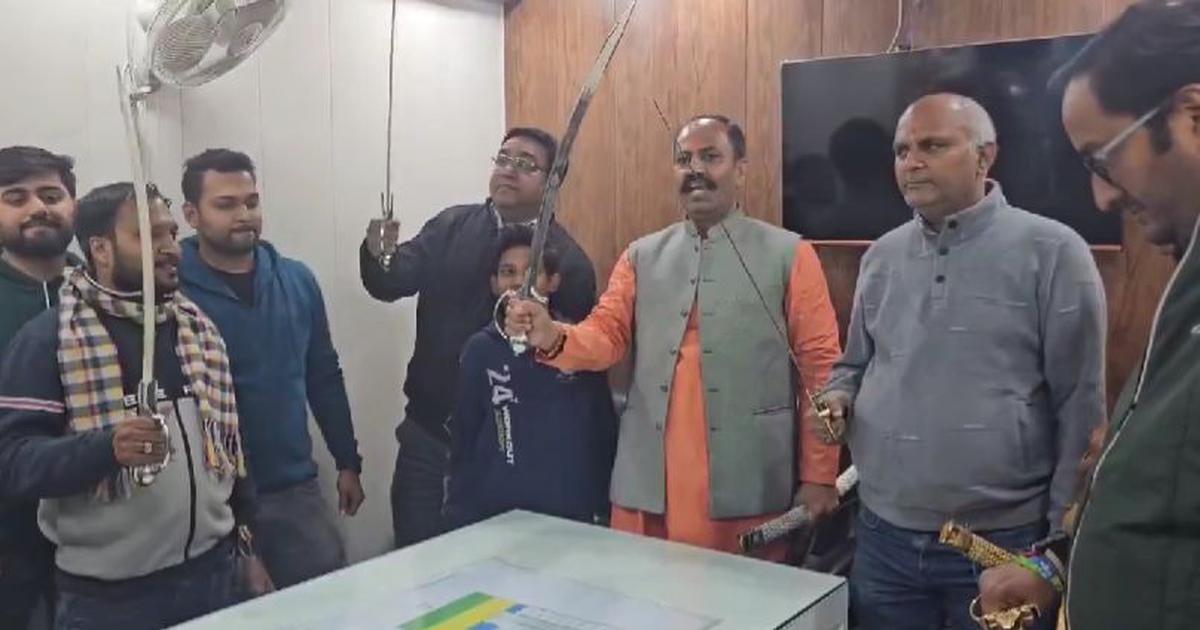
By David Bergman / The Wire
London: A specialist group of international criminal and human rights lawyers have filed a formal submission with the United States government seeking targeted sanctions against Uttar Pradesh chief minister Adityanath, for his role in extra judicial killings allegedly committed by the state’s police forces between 2017 and 2021.
The submission, filed on February 9, 2022, with the Department of State and the US Department of the Treasury, also recommends sanctions against Om Prakash Singh, the recently retired Director-General of the Police of UP, and Sanjeev Tyagi, Superintendent of the Police of the district of Kanpur.
“We believe that there is an evidential basis to suggest that the three individuals were in a position of command and control at the time the police that undertook the killings, that they failed to prevent or punish, and that there are statements and orders which would suggest that a direct link the crimes as alleged,” international lawyer Toby Cadman told The Wire.
“The submission presents credible sources that show how the UP police carried out at least 146 extra-judicial killings in a pattern of so-called “encounters” since Yogi Adityanath came into power in 2017 and declared a “zero tolerance policy” against crimes,” added Cadman, an Associate Counsel at the Guernica 37 Centre, the organisation which filed the submission.
“These ‘encounters’ are staged confrontations between the police and alleged criminals where the suspects eventually are shot dead in what the police claim is an act of self-defence. However, in many of these cases, witness testimonies, autopsy reports, and other evidence demonstrate that the victims were in fact executed.”
Adityanath also holds the position of home minister in the state. The Guernica submission comes in the midst of legislative assembly elections in Uttar Pradesh, with Adityanath running for a second term in office.
US’s Global Magnitsky sanctions allows the US Department of Treasury to sanction individuals if they are responsible for, complicit in or engaged with, “serious human rights abuse” generally understood to include extrajudicial killings, rape, torture, or enforced disappearances. When a person is sanctioned, any property owned by them in the United States or in the possession or control of US persons is “blocked and must be reported to” the Treasury’s Office of Foreign Assets Control (OFAC). It also prevents any person or entity in the United States from undertaking any financial transactions with these men. Sanctions could also involve a ban on travel to the US.
“Indian authorities have failed to act properly against custodial torture, deaths and extrajudicial killings, creating culture of impunity,” Meenakshi Ganguly, the South Asia director of Human Rights Watch told The Wire. “Lack of effective domestic accountability mechanisms serve as a reason for foreign governments to consider targeted sanctions.”
In January 2019, UN human rights experts wrote to the Indian government expressing alarm at 59 extrajudicial killings by police in Uttar Pradesh since March 2017.
“We are extremely concerned about the pattern of events: individuals allegedly being abducted or arrested before their killing, and their bodies bearing injuries indicative of torture,” the UN experts stated at the time. In the letter, the UN experts also highlighted their concern over statements issued by high ranking state government and police officials seeming to incite, justify or sanction killings.
A few months after coming to power, Adityanath stated in a TV interview that his police would not hesitate to ‘knock down’ the criminals if they did not mend their ways. The state government has also repeatedly advertised these shootings as an achievement as part of a ‘zero tolerance policy’ of the state government towards crime and for maintenance of law and order.
More recently, in November 2021, the report of a committee led by a former judge of the Supreme Court criticised the National Human Rights Commission (NHRC) and other oversight bodies for their investigation into 17 alleged “encounter” killings that had taken place four years earlier.
“Wanton killings through such unconstitutional activity are unfortunately being given a veneer of respectability through the expression ‘instant justice,’ even though in most cases it is nothing but cold-blooded murder,” Justice Madan B. Lokur wrote in the report.
The Guernica 37 Centre, which is based in the United States, is part of the Guernica 37 Group, a specialist group of international criminal and human rights lawyers who work with victims and their communities to secure accountability for violations they have experienced. It has recently been involved in submissions to the US and the UK governments, seeking sanctions against Bangladesh government and law enforcement officials.
In December 2021, the US government sanctioned Bangladesh’s elite police unit, the Rapid Action Battalion, along with seven former and current police and army officials which included the current head of the country’s police force, for their role in extra-judicial killings.
“Widespread allegations of serious human rights abuse in Bangladesh by the Rapid Action Battalion (RAB) – as part of the Bangladeshi government’s war on drugs – threaten US national security interests by undermining the rule of law and respect for human rights and fundamental freedoms, and the economic prosperity of the people of Bangladesh,” the US Treasury press release noted at the time.
The new Guernica submission concerning extra judicial killings in Uttar Pradesh states:
“Being the Chief Minister and Home Minister, Yogi Adityanath has the final executive authority in the state of UP over the police. Despite this, he failed to prevent the police under his command from committing serious human rights violations nor did he take measures to investigate or prosecute the perpetrators. On the contrary, he condoned such behaviour and rewarded police officers for their transgressions.”
About Om Prakash Singh who was the Director General of the Police in Uttar Pradesh from January 2018 to January 31, 2020, the submission states that “he had overall command over the police force in UP but failed to take action against the serious human rights abuses committed by the forces under his command.”
For Sanjeev Tyagi, who had been the Superintendent of the Police of Kanpur district since March 2021 but was prior to that the Superintendent of the Police in Bijnor District from January 2019 onwards, Guernica 37 Centre stated in its submission, “He had direct command over police officers who committed serious human rights abuses against [Citizenship Amendment Act] opponents, including the killing of two victims.”
This article first appeared on thewire.in






